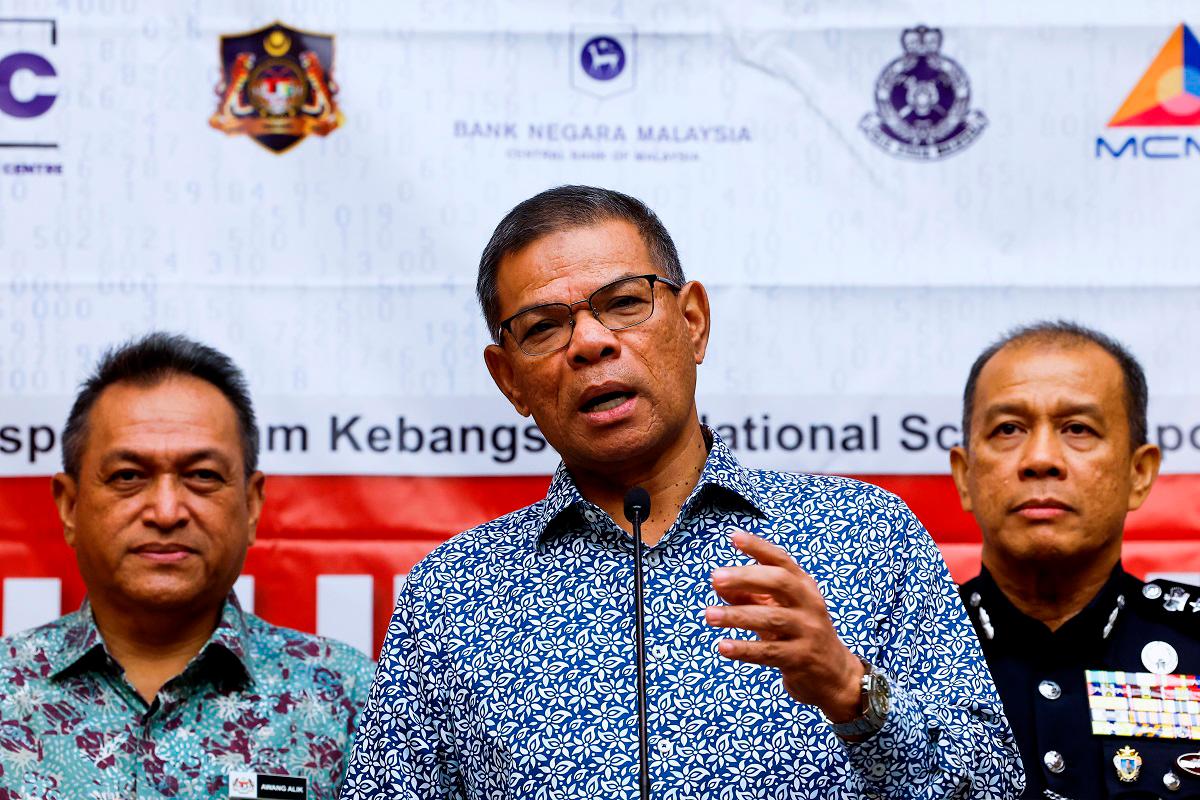KUALA LUMPUR: The Home Ministry is finalizing a new bill to introduce house arrest as an alternative to imprisonment, aiming to alleviate severe overcrowding in Malaysian prisons. Home Minister Datuk Seri Saifuddin Nasution Ismail confirmed that the working papers have been submitted to the Cabinet and received policy approval.
“The next step involves refining the amendment matrix with the Attorney General’s Chambers before tabling it in Parliament,“ Saifuddin said during the winding-up session for SUHAKAM’s 2023 Annual Report in the Dewan Rakyat. He highlighted challenges in defining “shackles,“ clarifying that current interpretations limit it to handcuffs, whereas the ministry views it as including electronic monitoring devices.
Prison overcrowding has reached critical levels, with 83,808 inmates currently held in facilities designed for 76,311. A significant portion—65 to 70 percent—are remand detainees, mostly involved in drug-related offenses under the Dangerous Drugs Act 1952. Sections 15(1), 12(2), and 33C account for the majority of these cases.
House arrest with electronic monitoring is being considered as a solution, particularly for remand detainees, who contribute to 35 percent of prison congestion. The minister emphasized that this measure would balance security with humanitarian concerns.
On refugee management, Saifuddin raised concerns over the lack of government oversight in the UNHCR registration process. Currently, UNHCR conducts interviews, assessments, and card issuance independently, without verification from Malaysian security agencies. The ministry is exploring mechanisms for checks and balances to ensure transparency.
Additionally, Saifuddin urged participants of an upcoming rally in Kuala Lumpur to adhere to legal and security guidelines. While affirming the right to freedom of expression, he stressed the importance of avoiding racial and religious tensions. - Bernama









